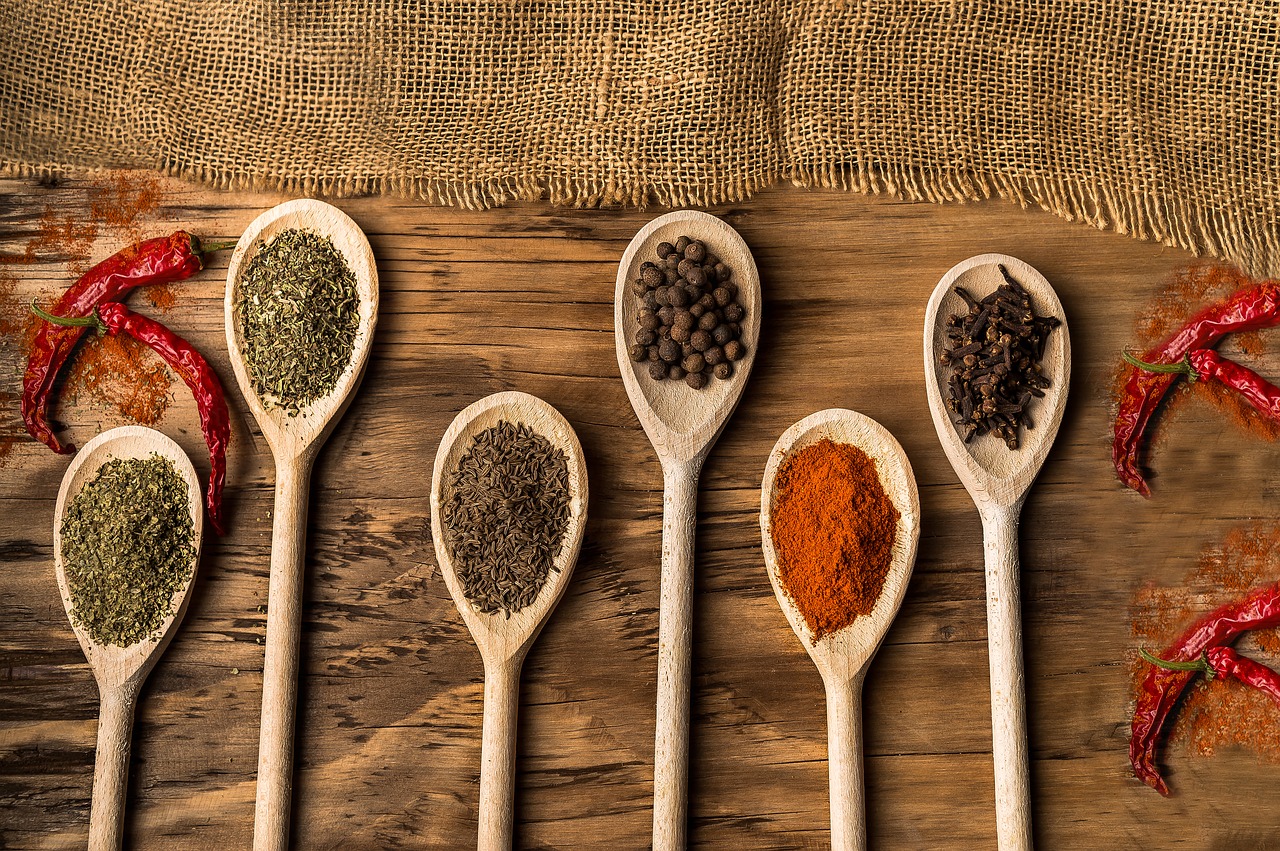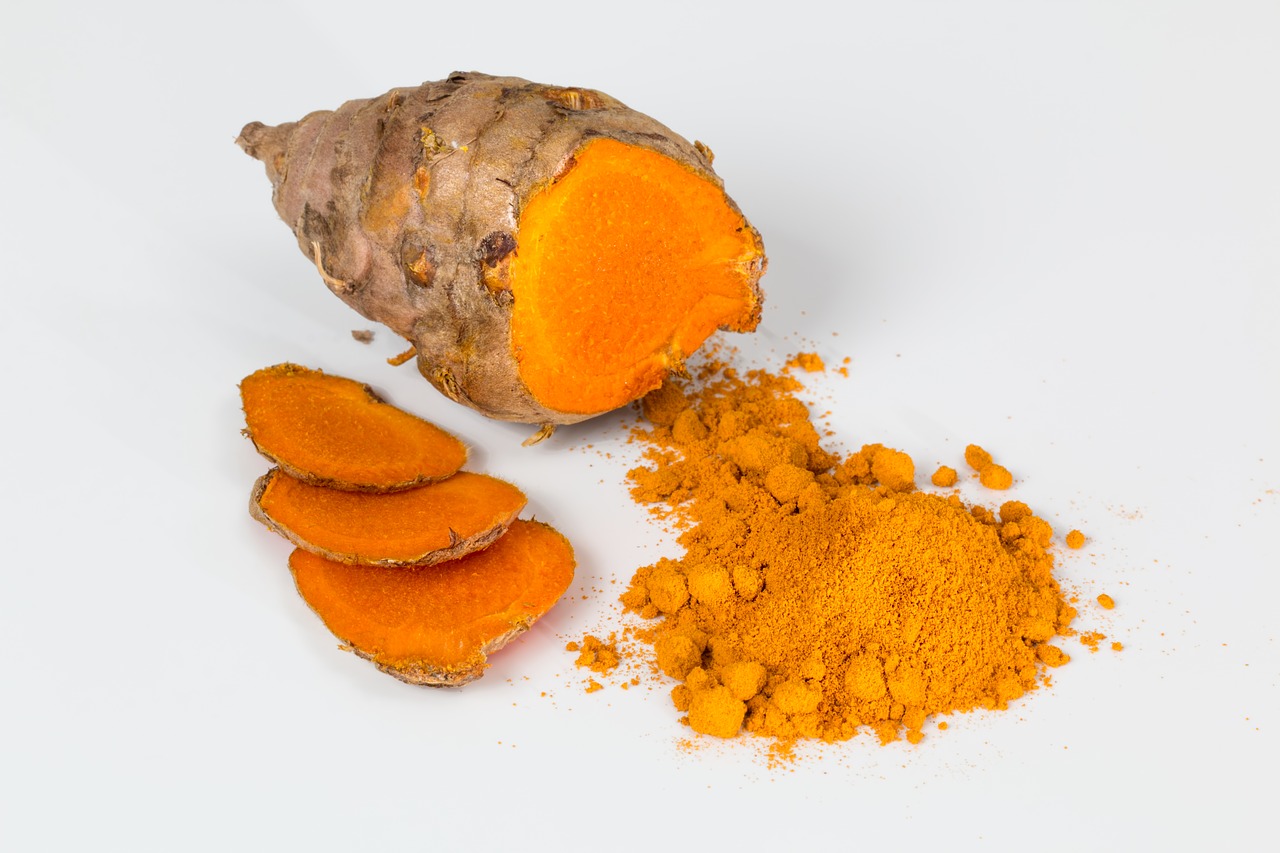
This article discusses some popular spices that have incredible health benefits. Relying on animal-based diets for all of your meals is not only dull, but rather it also deprives you of many health benefits of spices and plant-based diets.
Adding some spices to your diet plan is good for your taste buds as well as for your general health. Spices are often filled with antioxidant compounds and benefit many chronic health conditions. There are more than a hundred different types of spices that are used in cooking. Most people also get the recommendation of their nutritionists to add some spices to their diet plans. It is not hard to find spices in the modern world. You do not need to explore exotic sites to search for spices; rather, most spices with plenty of health benefits are now available at the closest supermarket.
Source of Spices
Spices are extracted from the bark or roots of different plants. Seeds of some plants are also a source of spices. Few popular spices are given below.
- Turmeric
- Cinnamon
- Saffron
- Ginger
- Cardamom
- Garlic
- Fenugreek
- Fennel
- Cumin
- Paprika
This list includes only a few spices that are in everyday kitchen use. There are many other spices gained from roots, barks, or seeds of different plants. Let’s have a look at some significant health benefits of individual spices in the following section.
1) Cinnamon helps in Control of Blood Glucose Level
Cinnamon is a globally popular spice that is extracted from the bark cinnamon tree. It is taken as a component of different food items such as chilli rather than direct ingestion of cinnamon sticks. Cinnamon is among the best food choices for people who have higher blood glucose levels. It is perfect because it can make food delicious without adding any sugars.
Type-2 diabetes is a disease in which body cells stop responding to insulin, and glucose accumulates in the blood. Cinnamon has been shown to decrease insulin resistance and blood glucose level in patients with type 2 diabetes.
2) Reducing Risk of Cardiovascular Disease
Cinnamon also has some other health benefits, such as reducing blood cholesterol and triglycerides levels. A reduction in the level of cholesterol and triglycerides lowers the risk of heart disease. This is particularly important for diabetes mellitus because they are at a greater risk of having heart disease.
This discussion does not say that cinnamon is a solo treatment for Diabetes Mellitus. However, the intake of cinnamon can boost the effect of antidiabetic drugs. It can also prevent the long-term complications of diabetes.
3) Turmeric helps Subside inflammation
Turmeric has long been traditionally used in Indian curry recipes. Now it has become a popular spice because of its marked Anti-inflammatory action. Inflammation is a normal response of the human body to cope with foreign pathogens and other external stresses. However, inflammation itself becomes trouble if it turns into chronic inflammation. Turmeric and many other spices have an anti-inflammatory action that helps subside many diseases
4) Brain Health Promoting Effect
A compound called “curcumin” is present in turmeric. This compound is the main reason for the anti-inflammatory action of turmeric. Curcumin can reduce inflammation in the brain and reduces the symptoms of brain disorders like Alzheimer’s disease. Some researches show that turmeric can also help in relieving depression and other psychological problems.
Research studies show that many different spices, including cinnamon, affect patients with Alzheimer’s disease. A research study was conducted to evaluate the effect of turmeric on brain health. It was found that people who underwent an 18-month treatment with turmeric and other curcumin supplements improved memory, cognition, and motivation.
5) Reduction in Symptoms of arthritis
The curcumin present in turmeric makes it beneficial for patients with arthritis. Rheumatoid Arthritis is an autoimmune disease in which our body’s immune cells start to damage the joints. Turmeric significantly reduces this immune-mediated inflammation. A reduced inflammation reduces the pain and improves joint mobility.
The anti-inflammatory action is not only limited to turmeric. Many other spices also help in reducing the symptoms of arthritis.
6) Anticancer Effect
The intake of spices reduces the risk of many carcinomas such as prostate cancer and colorectal cancer. Almost all the spices have some anti-inflammatory effect that limits tissue damage and genetic mutation, the primary driver of cancer.
Spices have antioxidant compounds which neutralize the free radicals generated in the body at the site of tissue damage. These free radicals otherwise damage the DNA and can cause cancers. Research studies show that combining curcumin (a compound present in turmeric ) and chemotherapy drugs is good for fighting cancer. This compound boosts the anticancer effect of chemotherapy drugs.
7) Probiotic Effect
Probiotic effect means that spices promote the growth of beneficial bacteria in the body. These beneficial bacteria habitat the gastrointestinal tract and are termed as normal flora of the gastrointestinal tract. The presence of the normal flora in the gastrointestinal tract prevents the infections of foreign pathogens. This probiotic effect of spices also promotes balanced digestion.
8) Increased Bowel Motility
Most of the spices have a significant fibre content. The fibre content of spices is specifically essential for promoting gastrointestinal bowel motility.
When we regularly ingest highly processed foods, the frequency of constipation bouts increases. To avoid constipation due to other foods, you can add some spices to your diet plan.
9) Pregnancy-Related Benefits
Spices have enough quantities of essential vitamins such as vitamin A, vitamin K, vitamin B12, and folic acid. These vitamins are necessary for the growth of a baby. During pregnancy, there is a need for more red blood cells in the mother because the mother’s blood nourishes the baby. Vitamin B12 and folic acid of the spices can fulfil the increased need for these vitamins during pregnancy. Additionally, minerals present in the spices help in the growth of the skeleton of the baby.
10) Bone Strengthening
Spices contain vitamins and minerals that strengthen the bones. Many spices have a significant amount of calcium in the bones. Calcium and other minerals deposit in the bones and increase the strength of the bones.
Vitamin D is also present in the spices. This vitamin D maintains a calcium balance in the body and increases the renal reabsorption of calcium.
11) Reduced Risk of Atherosclerosis and Hypertension
The intake of spices significantly reduces the risk of atherosclerosis. Spices lower the level of LDL cholesterol ( bad cholesterol) and triglycerides in the body. LDL cholesterol often accumulates in the walls of blood vessels and leads to atherosclerosis. A lower level of LDL cholesterol and triglycerides subsequently reduces the risk of atherosclerosis. Some researches show that a deficiency of magnesium can lead to hypertension. Spices contain enough magnesium that reduces the risk of hypertension.
12) Slowing Down of Aging
Ageing occurs due to wear and tear changes in the body tissues with time. The wrinkles appear on the skin due to damage of subcutaneous tissue damage. Most of this tissue damage is mediated by free radicals. The intake of spices reduces this free radical-mediated tissue damage. The antioxidant compounds present in the spices neutralize these free radicals and prevent tissue damage. The ultimate result is the slowing down of the ageing process.
13) Pain Receiving Effect
Cayenne is a spice that belongs to chilli peppers. Cayenne peppers are known to contain a substance called capsaicin. This capsaicin can reduce the intensity of pain. Cayenne slow down the transmission of pain signal to the central nervous system. Reduced transmission and perception of pain give the patient a sense of comfort.
How to take the spices?
As we discussed above, spices have several health benefits. If you want to enjoy the health benefits of spices to a full extent, you better take them in raw form. During cooking, spices lose some of the antioxidant compounds, which are the main cause of the beneficial health effects of spices. You can take the supplements or packages of the spices, but it is better to ingest them in raw form.
The Takeaway Message:
Spices are extracted from the roots, barks, or seeds of different plants. In the past, spices were known for their taste and fragrance. Now, spices have gained importance because of their several health benefits. Spices often have a higher amount of fivers in them. They contain a meagre amount of sugars.
Spices also contain a significant amount of vitamins, minerals, and antioxidant compounds. This typical composition of the spices makes them beneficial for human health. Spices can lower blood glucose in patients with diabetes mellitus. They also help in losing weight.
Spices also have cardiovascular importance. They reduce the risk of atherosclerosis, hypertension, and heart disease. Some researches also show that spices improve the CNS functioning in patients with Alzheimer’s disease.
Spices contain Vitamins and minerals, which make them good for bone and skin health. The vitamins and minerals of the spices are good for the health of the mother and baby during pregnancy.
References:
1. Jiang TA. Health Benefits of Culinary Herbs and Spices. J AOAC Int. 2019 Mar 1;102(2):395-411. doi: 10.5740/jaoacint.18-0418. Epub 2019 Jan 16. PMID: 30651162. https://pubmed.ncbi.nlm.nih.gov/30651162/
2. Tapsell LC, Hemphill I, Cobiac L, Patch CS, Sullivan DR, Fenech M, Roodenrys S, Keogh JB, Clifton PM, Williams PG, Fazio VA, Inge KE. Health benefits of herbs and spices: the past, the present, the future. Med J Aust. 2006 Aug 21;185(S4):S1-S24. doi: 10.5694/j.1326-5377.2006.tb00548.x. PMID: 17022438. https://pubmed.ncbi.nlm.nih.gov/17022438/
3. Vázquez-Fresno, R., Rosana, A., Sajed, T., Onookome-Okome, T., Wishart, N. A., & Wishart, D. S. (2019). Herbs and Spices- Biomarkers of Intake Based on Human Intervention Studies - A Systematic Review. Genes & nutrition, 14, 18. https://doi.org/10.1186/s12263-019-0636-8
4. Bower A, Marquez S, de Mejia EG. The Health Benefits of Selected Culinary Herbs and Spices Found in the Traditional Mediterranean Diet. Crit Rev Food Sci Nutr. 2016 Dec 9;56(16):2728-46. doi: 10.1080/10408398.2013.805713. PMID: 25749238. https://pubmed.ncbi.nlm.nih.gov/25749238/
5. Iyer A, Panchal S, Poudyal H, Brown L. Potential health benefits of Indian spices in the symptoms of the metabolic syndrome: a review. Indian J Biochem Biophys. 2009 Dec;46(6):467-81. PMID: 20361710. https://pubmed.ncbi.nlm.nih.gov/20361710/
6. Kaefer, C. M., & Milner, J. A. (2008). The role of herbs and spices in cancer prevention. The Journal of nutritional biochemistry, 19(6), 347–361. https://doi.org/10.1016/j.jnutbio.2007.11.003


